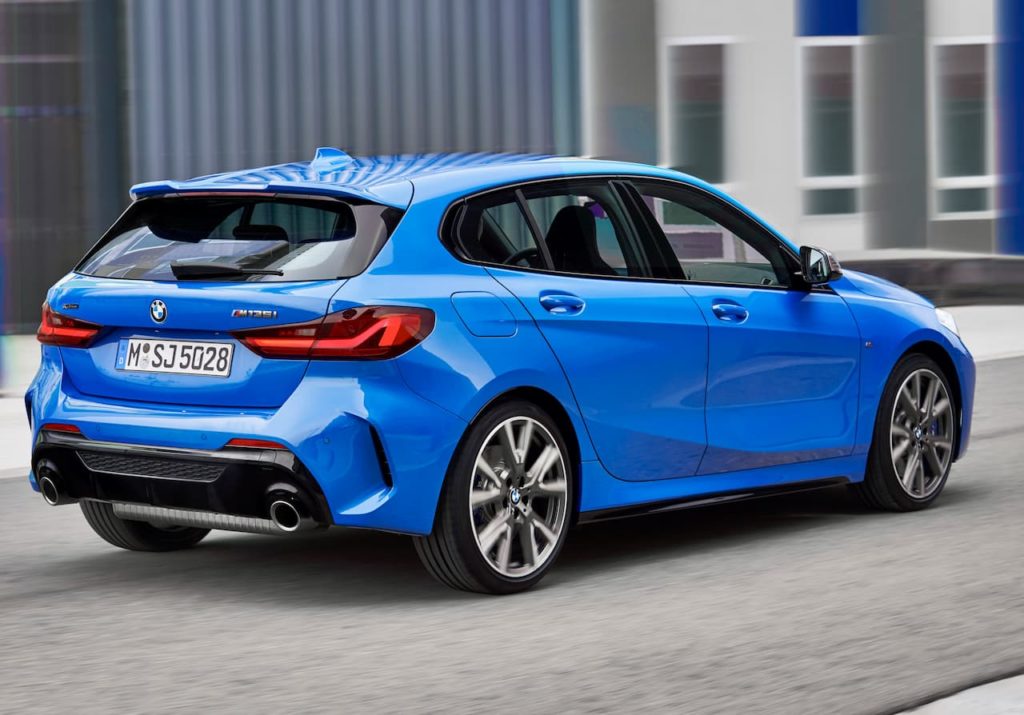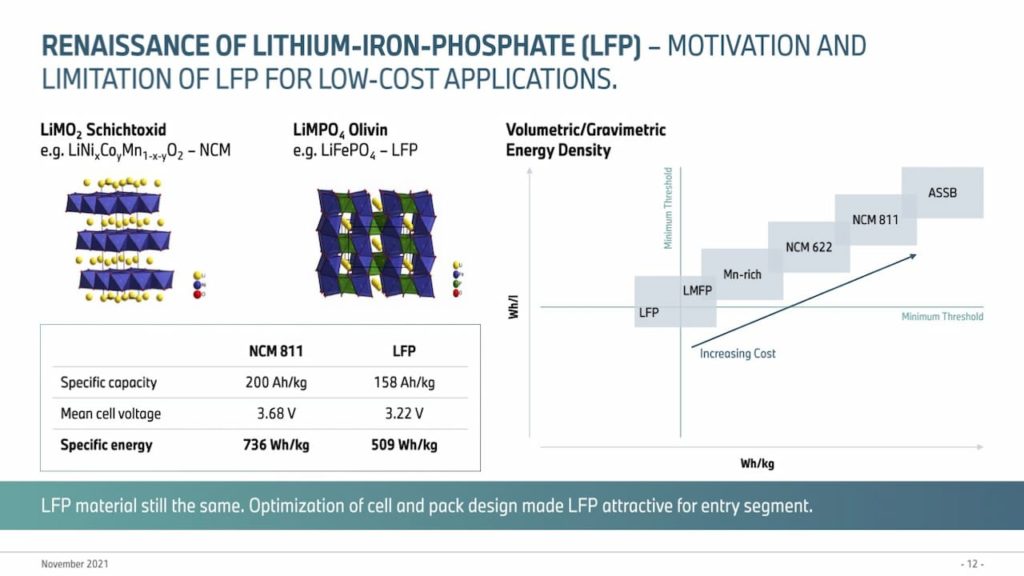Update: The article has been updated with details from the Autocar UK report.
In a report filed on June 20, 2024, Autocar UK magazine has learned that the BMW i1 and BMW i2 projects have been green-lit. Product development for both models is underway at the BMW Group Research and Innovation Centre in Munich, Germany, says the report, which adds that the all-electric variants would sell alongside the 1 Series and 2 Series models.
BMW i1
While there is no information available on the body style or size, Autocar speculates that the BMW i1 could be a hatch or a sedan. If this is the case, the BMW i1 could compete with either the new VW e-Golf (2028), or the Mercedes CLA Electric which will be introduced in 2025.
According to BimmerPost forum member ynguldyn, who is a credible source for BMW’s product plans, a model called BMW i1 is on the cards and it goes by the codename ‘BMW NB0.’ Production of the i1 NB0 will start in November 2027 and end in October 2035, as per ynguldyn’s information.

Autocar understands that the i1 and i2 will ride on the ‘NBx’ version of the Neue Klasse 800-volt architecture that allows FWD and AWD variants. Design inspiration could arrive from the BMW i Vision Circular concept, though we expect BMW to present a foreshadowing concept in the coming years for its electric mini-car series.
In an interview with Automobilwoche in October 2023, Dr. Frank Weber, BoM member responsible for Development, BMW AG, said that the company “undoubtedly” needs to launch an EV that is compact and affordable. He suggested that the new model cannot be an offbeat car like the i3. He stopped short of confirming that the i3 successor will belong to the Neue Klasse family, saying “Neue Klasse is designed so that it can cover our entire portfolio.”


The i1 has been rendered by industrial designer Giorgi Tedoradze (above). The designer has presented the BMW i1 as a three-door city car with short overhangs and an overall compact footprint. He has used a creative iteration of the vertical kidney grille, and the render showcases the vehicle with a highly cab-forward stance with a minimal bonnet area.
The render has iconic 4-eye headlamps housed in a sleek headlamp unit. We can also see door-mounted rearview mirrors, low-profile tires, and BMW’s iconic M Performance decal running through the length of the car. The decals are present on the bonnet as well. Overall, the render presents the BMW i1 as an unapologetic, sporty, and enthusiastic little car.
LFP battery
Dr. Peter Lamp, Head of Battery Cell Technology at BMW Group, has suggested that LFP cells would be suitable for entry-level BMW cars. If the BMW i1/i2 ever sees the light of the day, it may comprise an LFP battery, which is more affordable than an NMC battery and has a longer lifespan. LFP doesn’t contain Cobalt, which is rare and often associated with unethical mining practices.
For sure, LFP will not be suitable for a 7 Series, or even a 5 Series. But it might be reasonable for, for example, a 1 Series entry model, maybe not over the whole different kind of offers within the 1 model. So, it has to be carefully checked for which individual product line and for which individual car model it makes sense or not. But for sure, it’s more on the lower side, the smaller car and within those, with maybe the entry positions.
Dr. Peter Lamp, Head of Battery Cell Technology, BMW Group (Virtual event for analysts and investors on November 26, 2021)


BMW would use LFP cells in China, and Europe, stated Dr. Lamp during the BMW Group Virtual event in November 2021.
We believe that, the wish to have also an entry position for an electric car, like for the combustion engine we have the 116 (BMW 1 Series 116i variant), for example. This might be also relevant in Europe. So, I don’t believe that LFP will only be restricted to China.
Dr. Peter Lamp, Head of Battery Cell Technology, BMW Group (Virtual event for analysts and investors on November 26, 2021)
BMW’s sixth-generation cylindrical cells boast over 20% higher energy density, reducing charging times by up to 30% and increasing range by up to 30% compared to the fifth-generation prismatic cells currently in use in models like the BMW i4 and BMW i5.
BMW i2
The Autocar UK report speculates that the BMW i2 could be a compact crossover with a coupe-crossover variant also in the mix. The magazine’s sources have said that the BMW i2 could be the spiritual successor to the BMW i3 hatchback which was discontinued in 2022.
BimmerPost forum member ynguldyn’s intel suggests that a BMW i2 will follow the BMW i1. Codenamed ‘BMW NB8,’ this secret EV will be in production between July 2028 and June 2035.
BMW i2 name registered
The BMW Group has filed trademark applications for the ‘BMW i2’ and ‘i2’ monikers. The trademark filings can be considered preliminary yet unofficial news on the arrival of entry-level electric Bimmers. BMW may be ensuring that the legal formalities are cleared to protect the nameplate in markets where it is necessary to do so.
BMW not abandoning smaller cars in the EV era
Oliver Zipse, Chairman of the Board of Management, BMW Group, has not only said that BMW will continue selling models in the lower market segments in the transition to electric mobility but also reckons that it could be the core of its business in the future.
The German CEO did not state the model names, but his remarks almost certainly refer to the full electrification of the 1 Series and 2 Series cars. Zipse was speaking on a stage of a Bosch event in Berlin, Germany, as reported by Reuters, on November 9, 2022.
BMW’s electrification strategy


Like most other carmakers, BMW has pledged to go all-electric. By the end of the decade, 50% of BMW cars will be electric, with a BEV expected in every segment where BMW operates, including the 1 Series and 2 Series carlines.
TopElectricSUV says
With BMW’s core European markets planning to fully transition to zero-emission vehicles this decade, the company will need to introduce entry-level electric cars to replace the 1 Series and 2 Series.
Pricing the potential BMW i1 and BMW i2 reasonably seems challenging given the current battery prices. However, the costs and supplies of core EV components will significantly ease by the time the German automaker reportedly plans to bring these models to the market. BMW can also look forward to enhanced volume utilization and energy efficiency for batteries by that time, which will be just as crucial in getting the entry-level models right in terms of price and specifications.
Featured Image: The kidney grille of the i5, for illustration.


I’m an automotive journalist with 4 years of experience in magazine and digital publishing, content creation, social media management and YouTube. A car enthusiast who converted my passion into a profession!

Comments are closed